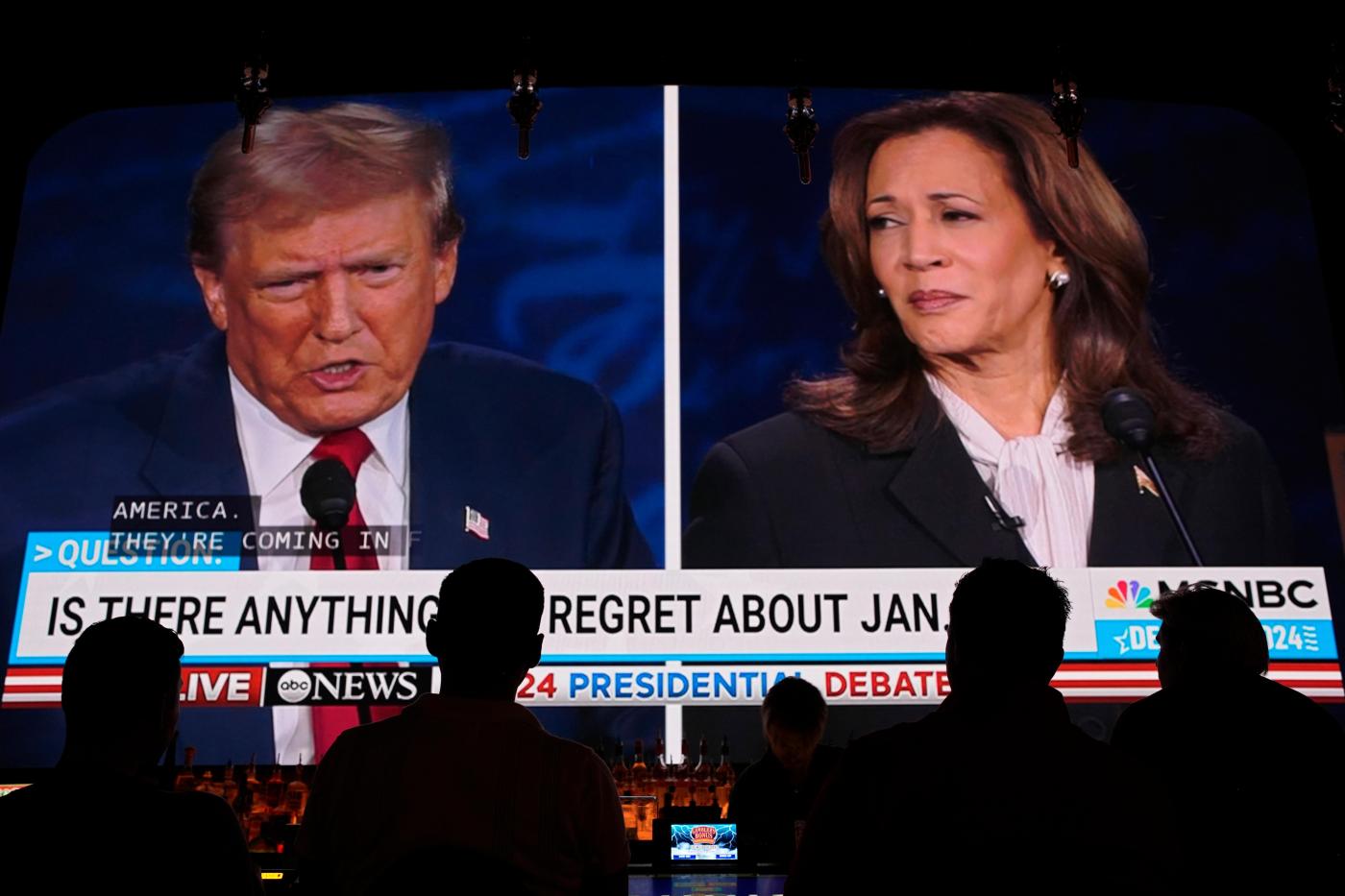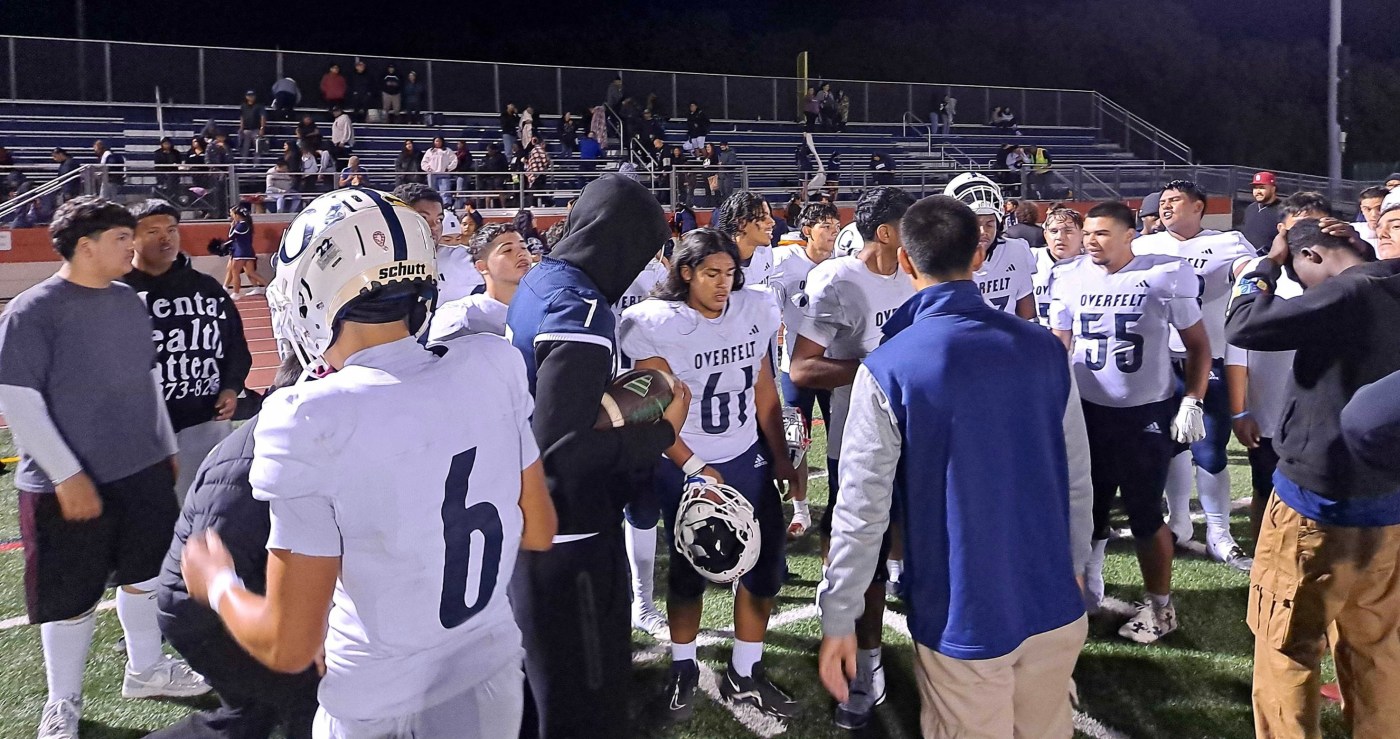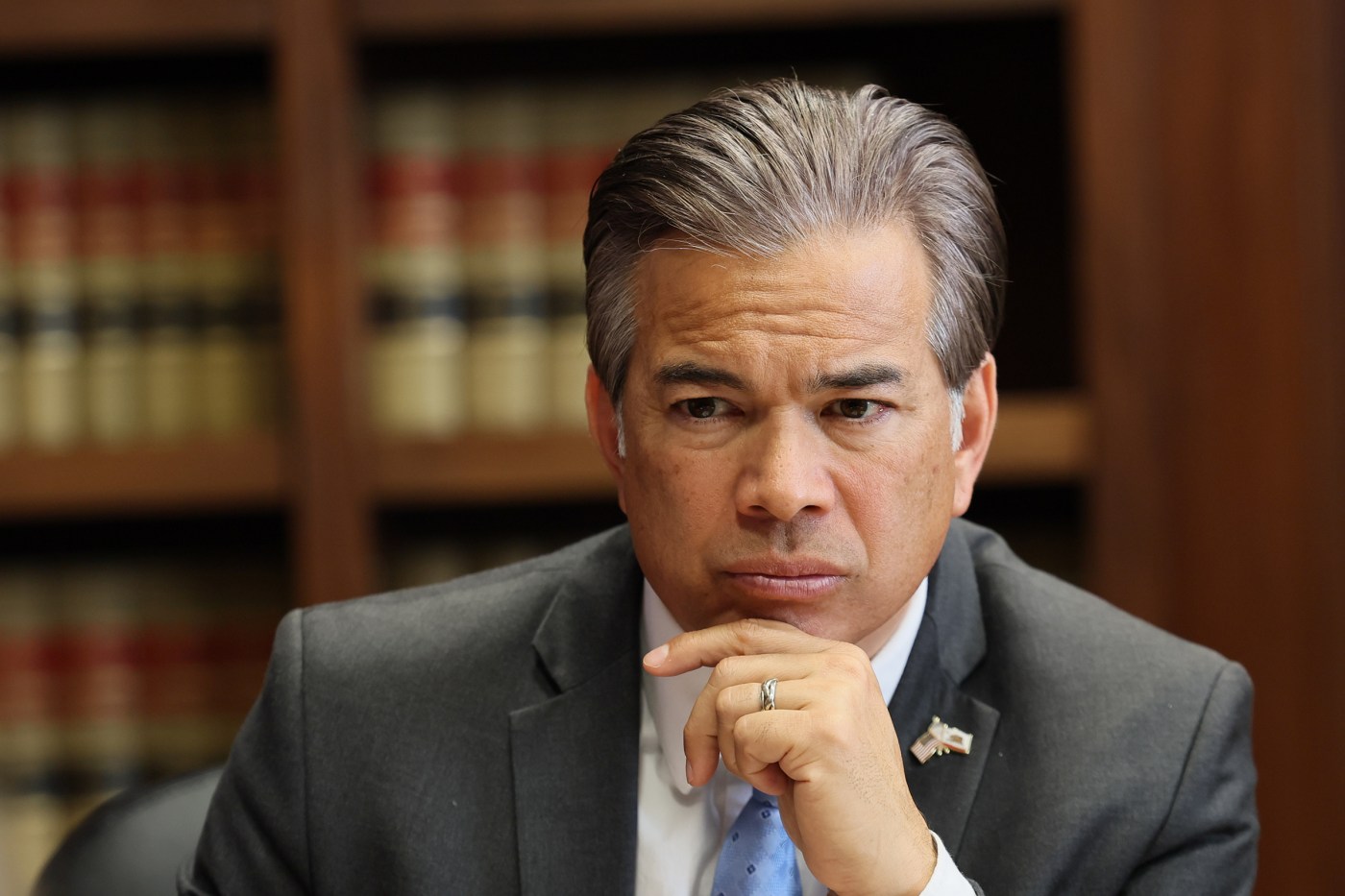If both polls and discussions with my friends are anything to go by, Americans feel forever locked in a state of political conflict.
Part of the problem is debate.
Debating others about politics is deeply embedded into American culture, and indeed Western culture more broadly. It is baked into how we are taught to write essays, report the news, attend meetings and even dinner parties.
Related Articles
Letters: Front-page story didn’t capture full measure of Charlie Kirk
Letters: In the current climate, how can nation increase kindness?
Housing policy clash sparks insults, costs East Palo Alto councilmember regional board seats
Brazil Supreme Court convicts Bolsonaro of coup attempt
Oliver North marries Fawn Hall, his document-shredding secretary at the center of Iran-Contra scandal
We force our politicians to do it.
On both right and left, many assert that debate is what enables real consideration of ideas. When someone says, “We should leave the issue up for debate,” they are implying that it is primarily through rhetorical combat that people can truly discover what they believe. Underlying it all is the assumption that as we allow ideas to circulate in a “marketplace of ideas,” the best ideas will eventually “win.”
Sure, word warfare can nudge us on some issues – like yea or nay on a state infrastructure initiative or a county sales tax or a school district bond.
However, when it comes to the biggest, most controversial cleavages splitting society – think gun control or abortion or prayer in school – verbal jousting doesn’t move minds much.
‘Close to zero’
Consider the conclusions of an expansive 2019 National Bureau of Economic Research study from scholars at Harvard University and UC Berkeley, who set out to understand what effect televised political debates really had.
After studying 56 TV debates between 1952 and 2016 spanning seven countries – including Canada, the U.S., the U.K. and South Korea – they found that debates had no significant impact. That meant these debates neither caused people to switch sides nor helped undecided voters make up their minds. The impact was “close to zero.”
Far from the political stage, the arguments you’re having with the contrary-minded likely aren’t having much effect either. This appears true both offline and online. Research shows people are very unlikely to change their views when presented with new evidence about political topics, even as they change their minds on non-political issues with relative ease.
What’s going on here?
The most politically divisive, intractable issues affect our sense of self and our sense of agency. And once you threaten those two things, you trigger cognitive dissonance – an often unconscious discomfort that emerges when we experience a contradiction between two or more of our own beliefs or actions.
To cope with cognitive dissonance, we tend to find clever rationalizations for holding onto our existing beliefs.
Trump voters quickly found ways to dismiss the charges against him when he became a convicted felon, for example. Before Trump’s convictions, only 17% of Republican voters thought felons should be able to be president. As soon as he was convicted, huge numbers changed their minds and soon 58% thought felons should be able to be president.
This is a classic move in rationalization: faced with a conflict between two beliefs (that felons shouldn’t be president and that Trump should), people find clever ways to shift one belief. In the same study, in fact, Republican voters also shifted their beliefs about many other topics to help with this rationalization process.
And because this is a fairly universal phenomenon, Democratic voters are engaged in similar processes of rationalization, too. Just look at what happened when many Democrats had to think about whether Joe Biden was experiencing cognitive decline or how some jumped to defend his pardon of his own son, something he had sworn not to do. A few years prior, 64% of Democrats opposed Biden pardoning his son and 21% approved; as soon as Biden did it, those numbers exactly reversed, so that 64% of Democrats approved and 21% disapproved.
Human beings often also handle contradictions in their worldview by experiencing “confirmation bias,” where they tend to believe only information that already agrees with their worldview. That means when they encounter, say, an online debate, they will dismiss sources that contradict their worldview as not credible, while believing the news sources that confirm their worldview to be credible.
All of this suggests that when we watch debates or engage in them on social media, we’re generating heat, not light.
Is there a way out?
But all is not lost, because there are ways to change people’s minds.
Perhaps more meaningfully, there are ways to bring people out of the most toxic kinds of prejudices against their fellow citizens or get them to road-test ideas they have.
It’s just that these actually effective means for changing people’s hearts and minds don’t look like debate, at all.
First, we can create social worlds that help people overcome prejudice and consider issues in a different way.
Research shows making friends with people who are different from us (especially in certain non-hierarchichal environments) is statistically a very significant way of reducing prejudice. We can invest in friendships that stretch our perception and help us better understand the world.
Second, we can build back America’s shrinking social infrastructure.
We need more spaces that make it natural and easy for people from different backgrounds to form friendships. Think civic spaces, like libraries, public parks, museums and playgrounds. Sometimes called “third spaces,” these are where people across class, educational, racial, ethnic and religious divides can meet outside the hierarchies of work and the privacy of home.
And third, we can provide people with experiences that will allow people to consider issues differently. For example, inviting someone to volunteer at a food bank for migrant families or go to an LGBTQ+ venue. Research shows these “gateway actions” can and do change people’s minds.
Mending our society’s deepest wounds isn’t a spectator sport nor is it a great business opportunity we can wait for Silicon Valley to scale up and solve for. Individually, it requires that we exit our comfort zones and create bonds outside of our bubbles. Collectively, it means organizing to build the spaces where these kinds of friendships can begin in the first place and flourish thereafter.
Maybe you disagree – but I won’t debate you any further.
Sarah Stein Lubrano is the author of “Don’t Talk About Politics: How to Change 21st Century Minds,” and the former head of content at The School of Life.





